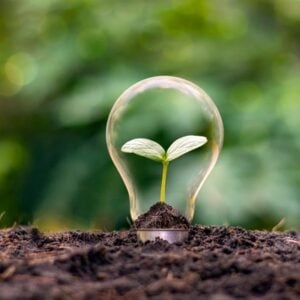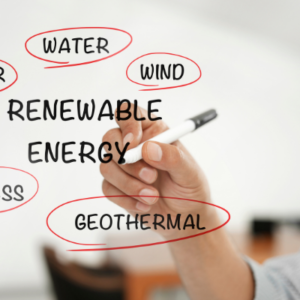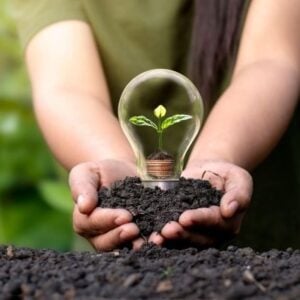African countries have secured US$200 million in financing under the International Solar Alliance’s (ISA) Africa Solar Facility, announced at the Seventh Meeting of the Regional Committee for Africa in Accra. The funding aims to accelerate solar deployment across the continent and foster partnerships to bridge Africa’s clean energy investment gap. ISA Director-General Ashish Khanna emphasized that access to energy is a fundamental human right and highlighted the organization’s strategy, “Moving from Ambition to Action,” which focuses on implementation partnerships, innovative financing, and strengthening local capacities.
The Africa Solar Facility, managed by Africa50, is designed to de-risk projects and attract private capital, with the initial US$200 million expected to mobilize over 20 times that amount in investments for decentralized renewable energy projects. Nigeria’s sovereign wealth fund (NSIA) has pledged between US$100 million and US$150 million, with the first tranche expected by the end of 2025. The facility’s first phase is projected to leverage more than US$800 million, beginning with projects in Nigeria. Khanna noted that Africa currently attracts only 2 percent of global clean energy investment, despite 680 million people lacking electricity access.
At the meeting, Ghana, Nigeria, and The Gambia formalized Country Partnership Frameworks with ISA to align national solar policies with broader energy goals. These frameworks will support rooftop solar, community mini-grids, agriculture-focused applications, institutional capacity building, and national coordination units. ISA also signed a Memorandum of Cooperation with the African School of Regulation to advance regulatory development, knowledge sharing, and funding mobilization for solar projects.
Minister of Energy and Green Transition John Abdulai Jinapor highlighted that expanding solar capacity presents both environmental and socio-economic benefits. He noted that Africa consumes just 4 percent of the world’s energy while representing 17 percent of the global population, underlining the continent’s potential for growth through bankable solar projects and private investment. Ghana and Seychelles currently serve as vice presidents of ISA in the African Region.
Delegates at the meeting emphasized solar applications for agriculture, including solar-powered irrigation and cold storage, which could help reduce Africa’s US$400 billion annual food import bill while supporting rural livelihoods. ISA is also integrating AI-driven tools and digital twins for power distribution to improve efficiency and lower costs, and plans to establish twelve Solar Technology Application Resource Centres (STAR-Cs) by 2025, including one in Ghana, to train technicians and incorporate youth into the clean energy workforce.
Over the next three to five years, ISA will roll out programs in large-scale solar, decentralized renewable energy, and agriculture-linked applications, with private sector investment playing a key role. Khanna emphasized that ISA, as a Global South-led institution, seeks to ensure equitable access and faster energy deployment through initiatives like Mission 300, which aims to electrify 300 million Africans. The Accra meeting, attended by ministers and delegates from 39 countries, marked a concerted effort to convert political commitments into tangible projects linking clean energy, food security, and climate resilience, with Ghana positioned as a leading participant.







